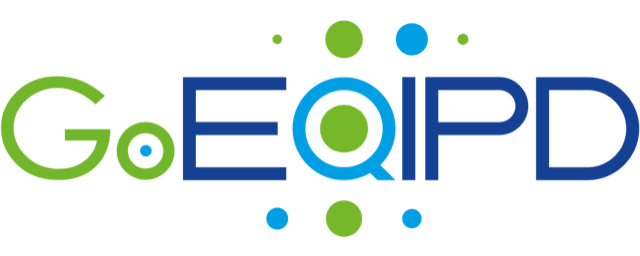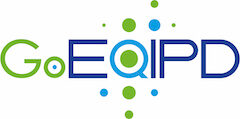The Workpackages
The EQIPD consortium worked on 9 work packages, which are briefly introduced below.
The management WP is led by UEDIN and supported by concentris. Together with the project coordinator (UEDIN) and the project leader (Janssen), concentris will ensure the proper functioning of the project in order to achieve the objectives, to complete the milestones in time, to secure the deliverables and to make sure that the consortium’s contractual duties are carried out.
WP2 will provide the underlying rationale for the principles, strategies, and research models validated in WP4 to improve robustness and data quality in research. The initial focus is on neuroscience and safety and will be applicable to both simple and complex assays that will be incorporated in WP4. Using historical data analysis, our primary aim is to define those variables of internal and external validity in experimental design, conduct and data analysis that are determinants of outcome in preclinical studies.
There are currently no comprehensive, generally agreed and universally applicable guiding principles and criteria governing rigour in the design, conduct and analysis of pre-clinical neuroscience and safety research. The overall objective of WP3 is therefore to develop a generic framework of guiding principles and criteria for improving the robustness and efficiency of preclinical neuroscience and safety research. The focus will be on experimental design, conduct and analysis, but the outputs will complement, and be informed by the continuing evolution of existing reporting guidelines.
WP4 will validate the principles, strategies, and research models that improve robustness and data quality in research and preclinical study, with an initial focus on neuroscience and safety. This demarche will offer the unique opportunity to extract, estimate, validate and further refine our guidelines for the preclinical studies in the context of harmonized paradigms and scientific sites (industry or academia).
Implementation of the guiding principles to improve preclinical robustness (WP3) requires a quality system that supports the essential processes, procedures, responsibilities and cultural aspects for achieving quality objectives. Such a quality system should help flexible application of the guiding principles and allow to monitor performance over time in order to improve an organization’s effectiveness and efficiency on a continuous basis. WP5 will therefore determine the scope of the new quality system by analysing the current use of research quality principles, best practices and challenges, attitude and expectations towards these standards and their enforcement within the consortium and beyond. It will also develop a new quality system focusing on prevention and continuous improvement and test the tools and mechanisms that can support the implementation and performance monitoring of the new quality system.
The overarching objective of WP6 is to generate critical, high level processes to ensure efficient governance, added value and sustainability of the new quality system. We aim to develop a dynamic and efficient governance system with a focus on prevention and continued improvement which will be embraced by the research community. Moreover, we will develop a monitoring and auditing system to safeguard compliance with quality standards of the system and explore options to make the quality system and training sustainable beyond the funding period.
To maximize the sustainability and impact of the EQIPD quality system, its users need to be knowledgeable of its contents and underlying rationale. WP7 will develop an engaging learning environment to ensure a research community-wide expansion of knowledge on criteria and principles necessary to address robustness and quality. Our main objective is to provide a web-based environment consisting of three sections, which provide educational, exposure and experiential learning opportunities aimed at early career scientific and quality professionals, through which essential training on quality principles can be achieved. The education section will facilitate formal learning through training materials collated into courses on an electronic platform. The exposure section will enable social learning through a self-generating electronic community. The education and exposure sections will be available to researchers worldwide, including institutions using the EQIPD quality system to train both resident and newly-hired researchers. The third section provides experiential learning to young researchers involved in the other EQIPD WPs through a joint exchange scheme.
View the details of our training modules:
WP8 will involve all activities that are required to ensure the timely accessibility and standardization of available data for the analyses performed in other WPs, particularly WP2. A large number of different experimental designs and source data structures will be captured and analyzed in EQIPD. Data management processes will be established to guarantee high quality and representative data collection and selection. A data warehouse solution (EQIPD-DWH) will be designed that will integrate different databases with appropriate capacity and accessibility to support the analyses for all relevant scientific questions addressed in EQIPD.
This work package sets out the ethics requirements that the project must comply with.

